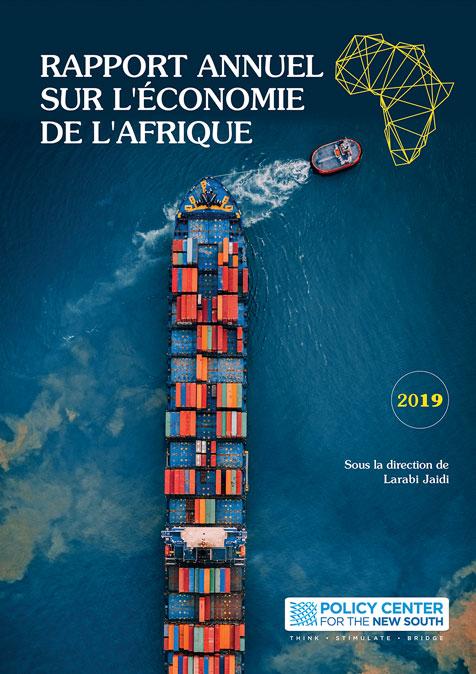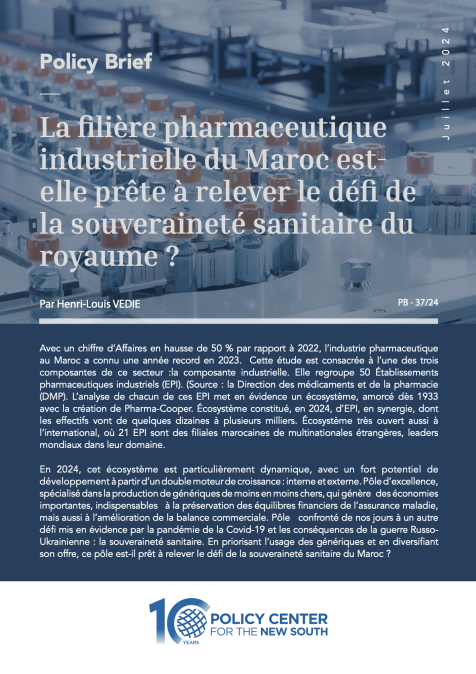Publications /
Annual Report
Book / Report
Le Rapport sur l’économie de l’Afrique s’inscrit dans une série de documents annuels publiés par le Policy Center for the New South (PCNS). Les grandes évolutions économiques du continent y sont traitées, avec une large place faite à l’analyse prospective. Ce rapport s’ajoute ainsi au Rapport annuel sur la géopolitique de l’Afrique et l'Annual Report on Commodity Analytics and Dynamics in Africa (Arcadia), écrits par des chercheurs issus du Nord comme du Sud.
Le Rapport sur l’économique de l’Afrique vise à approfondir le regard que l’Afrique porte sur elle-même, en scrutant ses transformations structurelles. L’originalité de cette approche consiste à faire parler les chiffes et les faits, sans verser ni dans le pessimisme ni dans l'optimisme. En quête d'objectivité, ce rapport cherche à contribuer, sans complaisance, à un nouveau narratif sur la croissance et le développement du continent.
L’Afrique se développe dans un esprit collectif qui n'est pas étranger à son rêve d'unité et d'intégration, depuis les Indépendances. D'où l'approche de ce rapport, qui réunit une vingtaine de contributions provenant d'experts reconnus de diverses institutions et pays, du Maroc au Zimbabwe en passant par le Sénégal et l'Afrique centrale, pour envisager le continent dans ses rapports multilatéraux et ses développements régionaux. Le document ne revient pas seulement sur les efforts de convergence et d'intégration entrepris par les différentes Communautés économiques régionales et les enjeux de la nouvelle Zone de libre échange continentale africaine (Zlecaf). Il aborde aussi le multilatéralisme en Afrique et l'usage qui est fait de l'investissement international, tout en proposant des angles originaux sur les aspects sociaux de la croissance, les "Addo-nomics" au Ghana et la « mémoire » de l’Afrique, pour n'en citer que quelques-uns.








